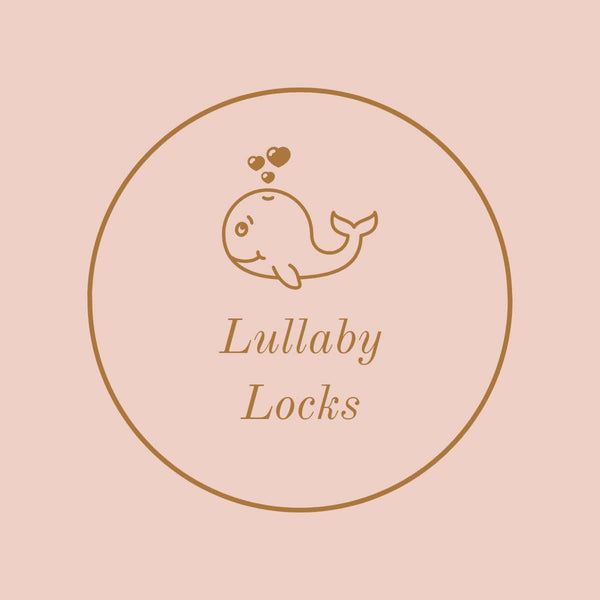Raising a baby or toddler often feels like trying to decode the world’s most adorable mystery. One minute they’re giggling uncontrollably, the next they’re throwing their cereal across the room. While these behaviors might seem random or puzzling, they’re deeply rooted in the psychology of early childhood development.
Understanding the “why” behind your child’s actions can not only ease your stress as a parent, it can help you respond with empathy, patience, and confidence. Here are nine incredible psychological facts about baby and toddler behavior that reveal just how fascinating (and complex) these tiny humans really are.
1. Babies Are Born Wired to Connect
From birth, babies are biologically designed to seek connection. Through eye contact, crying, smiling, and cooing, they’re not just being cute, they're building social bonds. Neuroscience shows that these early interactions shape the development of the brain’s social and emotional circuits.
Parent tip: Look into their eyes, smile back, and talk often, it’s building their brain.
2. Toddlers Learn Through Imitation
Your toddler’s favorite learning tool? You.
From facial expressions to phrases and daily routines, toddlers imitate what they see. This is how they learn social cues, language, and problem-solving skills. Mirror neurons in their brains fire when they watch others, making imitation a powerful form of early learning.
Parent tip: Model the behaviors you want to teach manners, empathy, calm responses.
3. They Have No Concept of Time
For babies and toddlers, there’s only now. The brain regions that help with future planning and delayed gratification (like the prefrontal cortex) are still under construction.
That’s why: "Wait five minutes" feels like forever to them.
Parent tip: Use visual cues, songs, or countdowns to help transitions feel less abrupt.
4. Routine = Safety
Toddlers thrive on predictability. Repeated routines (like bath-book-bed or snack-nap-play) help them feel secure in a world they don’t yet understand. Psychologically, routine reduces anxiety by giving them a sense of control.
Parent tip: Keep key parts of their day consistent even if the rest is chaotic.
5. Tantrums Are Not Manipulation; they're Overwhelm
Meltdowns are a normal part of toddlerhood. They don’t have the brain maturity to regulate emotions, especially when they’re hungry, tired, overstimulated, or frustrated.
Think of a tantrum as a stress response not bad behavior.
Parent tip: Stay calm, get on their level, and offer comfort once the storm passes.
6. Play Is Their Work
To a toddler, play is serious business. It builds cognitive skills, language, creativity, problem-solving, and social understanding. Even repetitive play (like stacking, dumping, or pretending) serves critical brain functions.
Parent tip: Let them lead in play. There’s no “wrong” way to explore.
7. They Don’t Fully Recognize Themselves Until Around 18 Months
Before 18 months, babies don’t realize the reflection in the mirror is “me.” This self-awareness is a major milestone in cognitive and social development, laying the foundation for empathy and identity.
Fun fact: You’ll see signs of this when your toddler starts saying “mine!” or showing pride in their actions.
8. Language Explodes Around Age 2, But Understanding Comes First
By age two, many toddlers have a vocabulary of 50–100 words but they understand hundreds more before they can say them. Receptive language (understanding) develops before expressive language (speaking), which is why toddlers often follow directions before they can speak full sentences.
Parent tip: Keep talking to them, even if they’re not talking back yet.
9. Connection Calms the Brain
The fastest way to soothe a dysregulated toddler isn’t punishment, it’s connection. Holding, eye contact, soothing voice, all signal safety to the brain, releasing oxytocin and lowering cortisol (stress hormone).
Parent tip: Before correcting, connect. Behavior follows nervous system regulation.
Toddlers Aren’t Trying to Be Difficult, They’re Trying to Develop
Understanding the psychology behind your baby or toddler’s behavior turns daily frustrations into moments of insight. What looks like “naughtiness” is often development in action: a brain growing, a body exploring, a heart learning to trust.
As a parent, you are your child’s first environment. Your calm, consistent presence helps them learn not just how to walk or talk but how to feel safe, understood, and loved.

